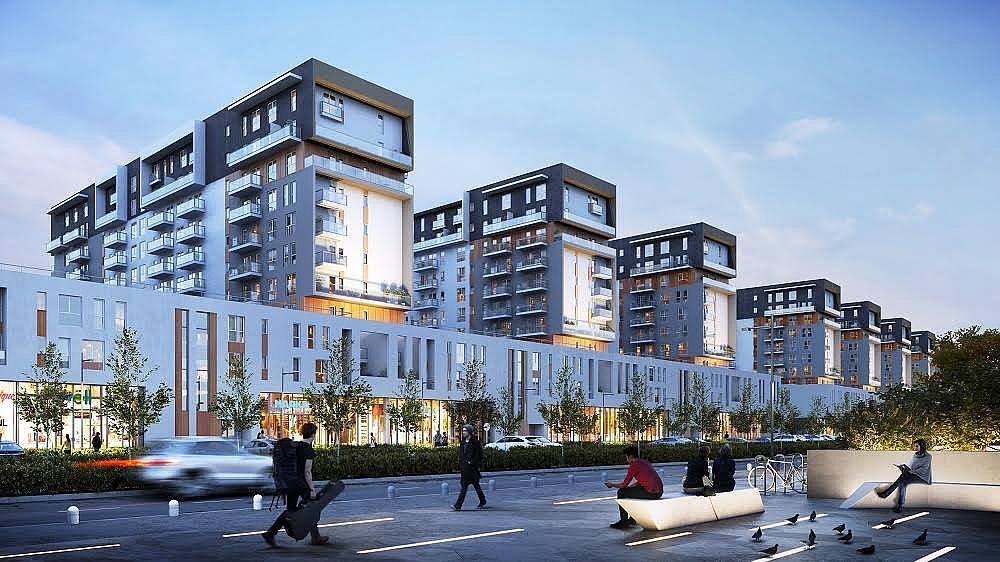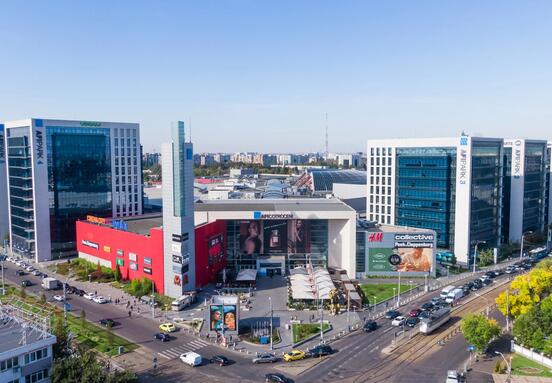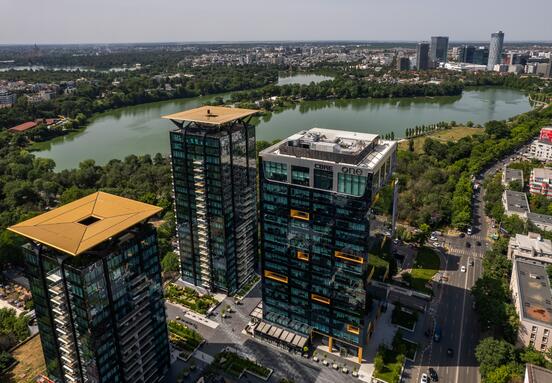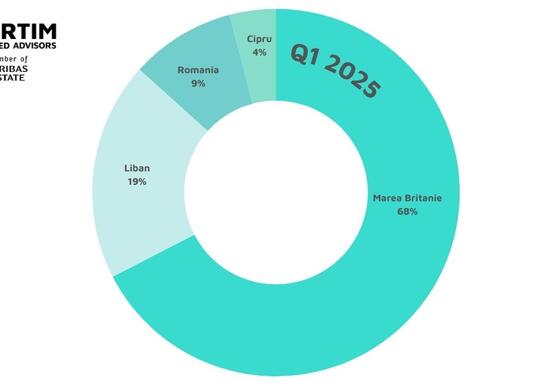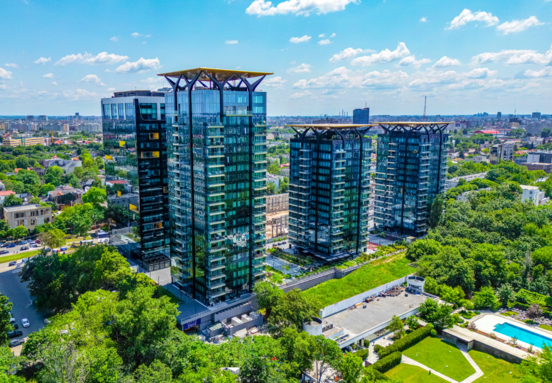There is already a much faster growth trend in the rental area compared to sales.
The real estate market is going through a period in which its evolution is dependent and, at the same time, strongly influenced by the changes that take place in the economy, but also at the geopolitical level.
JLL Romania specialists took into account four key factors that are currently influencing the evolution of the residential market, namely harsher lending conditions, inflation, rising construction costs and the conflict in Ukraine and made a series of projections on what could happen in the medium and long term in this market.
“Each economic cycle has its own attributes and the acquisition of real estate will always be a form of investment. The current real estate market is going through a number of challenges on different levels, but we believe that for this sector the whole mix of factors represents a period of resettlement and correction. The emergence of the conflict in Ukraine definitely influenced the activity on the sales segment, which was on an upward trend before this event. On the other hand, we see significant performance in the rental area, which has the potential to evolve at a much faster pace than before. Among the opportunities we already see is the rapid development of the built-to-rent segment – residential complexes intended exclusively for rent. We will see more and more such developments that will be managed by professional operators, offering facilities and services dedicated exclusively to tenants, designed to meet their needs,” says Andreea Hamza, Director of the Living Department, JLL Romania.
Given the tightening of lending conditions by the rapid rise in interest rates on loans, experts expect changes in consumer behavior. Potential buyers will look more closely at the possibility of making major purchases and the pressure this may have on your personal budget. Thus, the accessibility of the purchase of such properties will be affected. In addition, banks have become more reluctant to lend and pay more attention to assessing the prospects of an individual or family interested in obtaining a loan, as well as the actual price of the construction.
A simple calculation made by JLL experts shows how the increase in interest rates evolved in the first quarter compared to the same period last year. Thus, for an apartment whose price had a value of 100,000 euros + 19% VAT in Q1 2021, the monthly rate was 2,255 lei, at an advance of 15% and a monetary policy rate of 1.25%. In the first quarter of 2022, for the same price of the apartment, respectively 100,000 euros + 5% VAT, the monthly rate amounts to 2,471 lei, which means an increase of 8% compared to Q1 2021, given that we do not take into account the increase market prices, and the monetary policy rate reached 3%. If we take into account the increase in market prices, the monthly rate reaches 2,718 lei, +17% compared to last year.
In terms of inflation, the latest report from the National Institute of Statistics shows that the annual inflation rate in April 2022 was 13.8%. Since the beginning of the year, the increase is almost 8%. The upward trend is also observed in the EU Member States, with the annual inflation rate in April 2022 compared to April 2021 calculated on the basis of the Harmonized Index of Consumer Prices (HICP) being 11.7%.
Rising inflation is affecting the price of building materials, which is having repercussions on the housing market. According to the National Institute of Statistics, the construction cost index for residential buildings was 135.6 in January 2021 and 163.4 in January 2022, up 20% in one year. This value measures the evolution of the costs incurred in the construction works carried out in a certain period compared to a reference period. The main items of expenditure are: the value of construction materials; labor or gross monthly earnings; equipment and expenses for own or rented equipment; the costs of transporting the material from the manufacturer to the construction site; indirect costs (staff salaries, supply, storage, rents, energy, office supplies, communications).
This year, a new risk has arisen in the real estate market, namely the conflict in Ukraine. In addition to the psychological impact, the war also influenced the dynamics of transactions, our country being on the border with a conflict zone, and the investment in the purchase of a house is now being analyzed in terms of security. On the other hand, the conflict has increased the demand for rental housing at a considerable rate.
